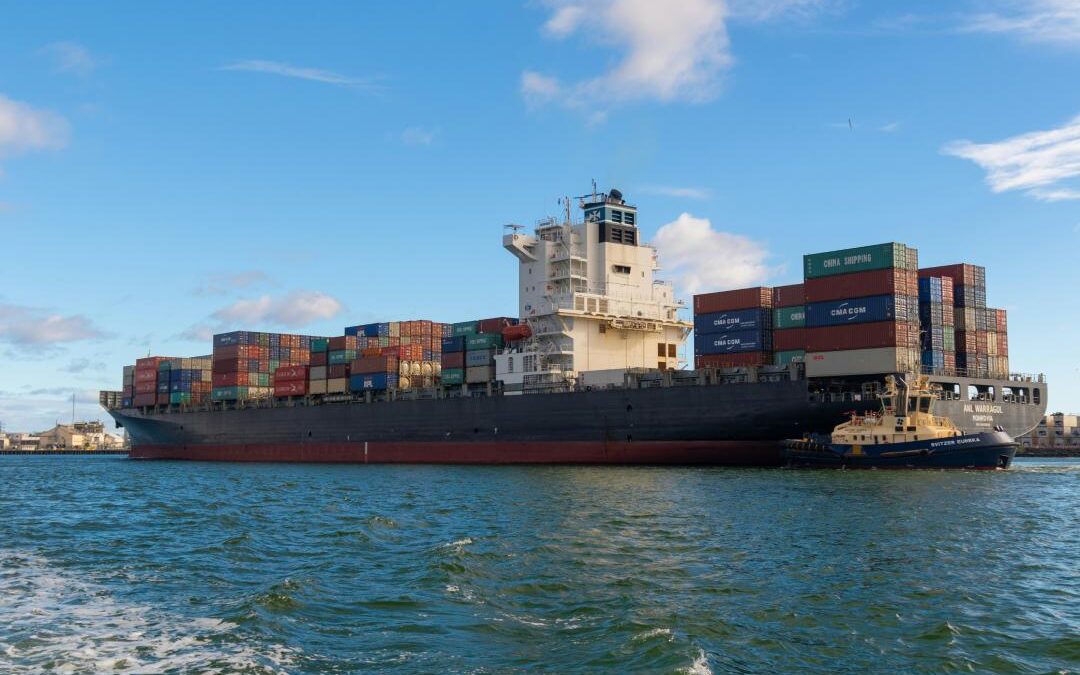UK to Implement Carbon Import Levy on Certain Goods by 2027
The carbon border adjustment mechanism (CBAM) will be applied to carbon-intensive products and it will be determined based on the carbon emissions in the production of imported goods and the gap between the carbon prices in the country of origin and the UK
The UK Government said it would implement a carbon import levy on certain products starting in 2027. The carbon border adjustment mechanism (CBAM) will be applied to carbon-intensive products in sectors such as iron, steel, aluminium, fertilizer, hydrogen, ceramics, glass, and cement. The charge will be determined based on the carbon emissions in the production of imported goods and the gap between the carbon prices in the country of origin and the UK.
This levy aims to safeguard businesses from cheaper imports originating from countries with less stringent climate policies. The UK government believes that this measure will help prevent carbon leakage, where emissions are displaced to other countries with lower or no carbon pricing. The move is aligned with the UK’s target of achieving net-zero emissions by 2050 and complements the emissions trading system (ETS) launched in 2021.
Several regions, including the European Union and China, have implemented similar systems; however, the pricing structures within these schemes differ, and some regions lack carbon pricing altogether. In the United Kingdom, the benchmark carbon contract in the Emissions Trading System (ETS) is currently trading at approximately £36.60 ($46.34) per metric ton while contracts in China’s ETS are trading at around ¥71.60 ($10.04) per ton.
The new carbon import levy is expected to create a comparable carbon price for carbon-intensive products imported into the UK. The announcement follows similar initiatives in regions like the European Union, where a Carbon Border Adjustment Mechanism (CBAM) has been introduced. The UK’s steel industry supports the domestic measure to prevent an influx of high-emission products once the EU’s carbon measure is operational.
However, concerns have been raised about the UK’s implementation lag compared to the EU, with the UK scheme slated to start a year after the EU CBAM. The EU’s CBAM has drawn criticism from trading partners, and China has urged against unilateral measures. In October 2023, the EU initiated rules for importers, requiring them to collect and report data on emissions associated with specific products, particularly those in carbon-intensive industries. These rules will be in effect during CBAM’s transition period until the end of 2025.
Also Read

